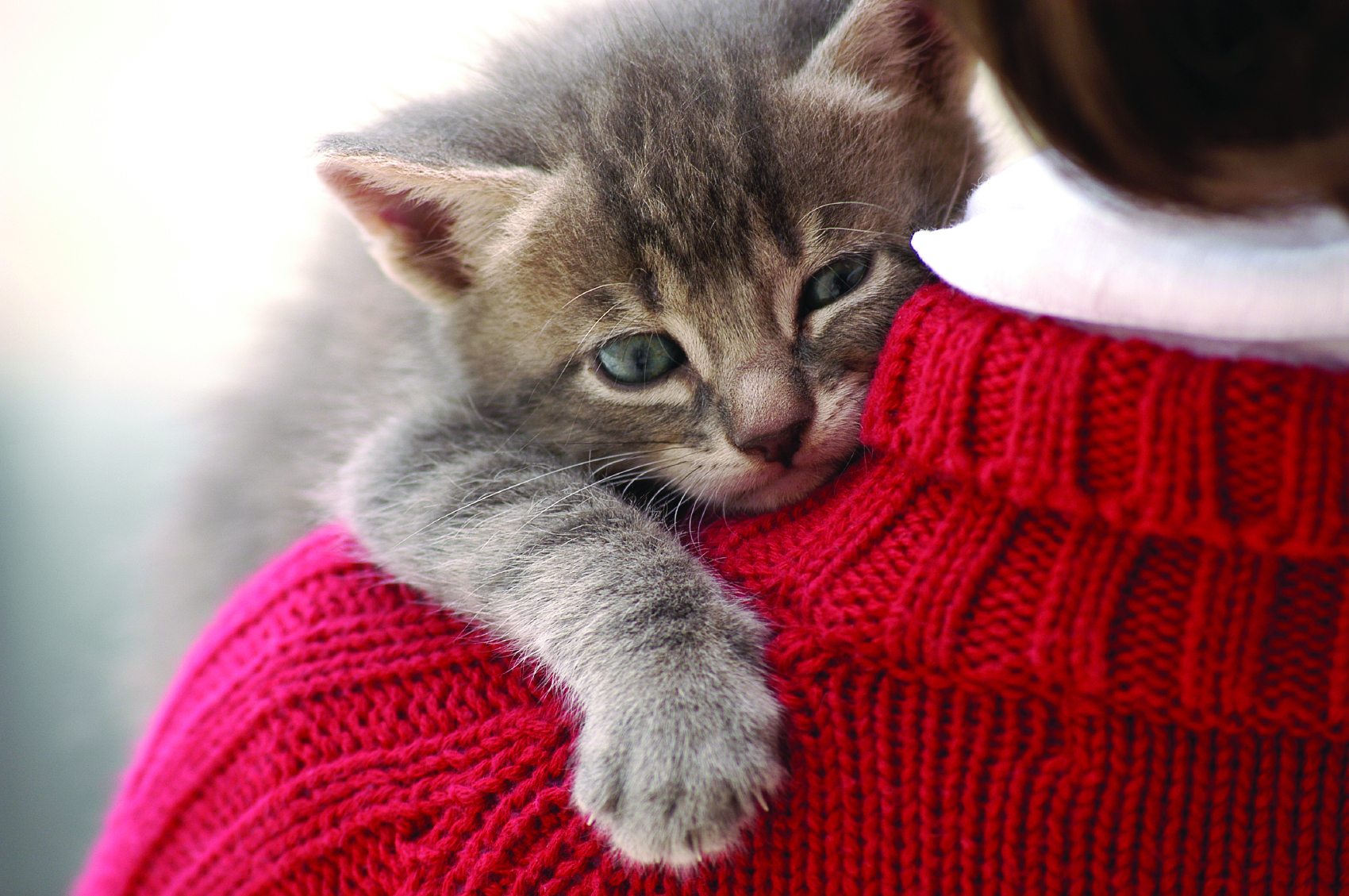According to statistics available to the American Association of Feline Practitioners (AAFP), there are 86 million cats in America, versus 78 million dogs, yet few cats receive regular veterinary care, and most are only brought in when they are quite sick. Why is this?
Cats are good at hiding their illnesses, so owners may not recognize there is a health problem, and owners admit getting to the vets can be stressful for both them and their pet.
Most cats don’t like to get in pet carriers. They don’t like riding in cars. Cats encounter overwhelming dog smells in the vet’s waiting room, and dogs may nose up to the carrier, contributing to the cat’s fearful experience.
Some vet hospitals are doing everything possible to minimize stress on cats and their owners.
In 2012, the AAFP created the Cat Friendly Practice® (CFP) program. Each approved CFP practice has demonstrated its dedication to increasing the quality of care felines receive.
The Cat Friendly Practice® elevates its care standards and educates owners about the importance of cat wellness and disease prevention. The AAFP’s website is a great resource about caring for cats. You’ll find their list of cat-friendly vets at http://www.catvets.com/cat-owners/find-vets-and-practices.
To achieve certification, the practice and its team must have a completely new perspective with the cat in mind. Staff must be trained on the distinct needs of cats, and each practice must designate a “cat advocate” who ensures feline standards are met. The practice’s physical environment is also assessed. A low-stress environment will include a separate entrance and waiting room and feline-only exam rooms, devoid of dog smells and noises.
Feline-friendly practice staff are well versed in handling techniques. They can expertly treat frightened cats and have alternative techniques to calm anxious animals. An individualized healthcare plan is created specifically for each cat, and this may include more than a once-a-year physical to help diagnose diseases earlier. Feline-friendly practices create a reduced level of anxiety in both cats and their owners, ensuring a lifetime of health for our feline friends.
For more information about our practice, and why we felt it important to become certified, contactdrcrisvalas@thefamilypethospital.com.

Issue Date:
February, 2017
Article Body:
